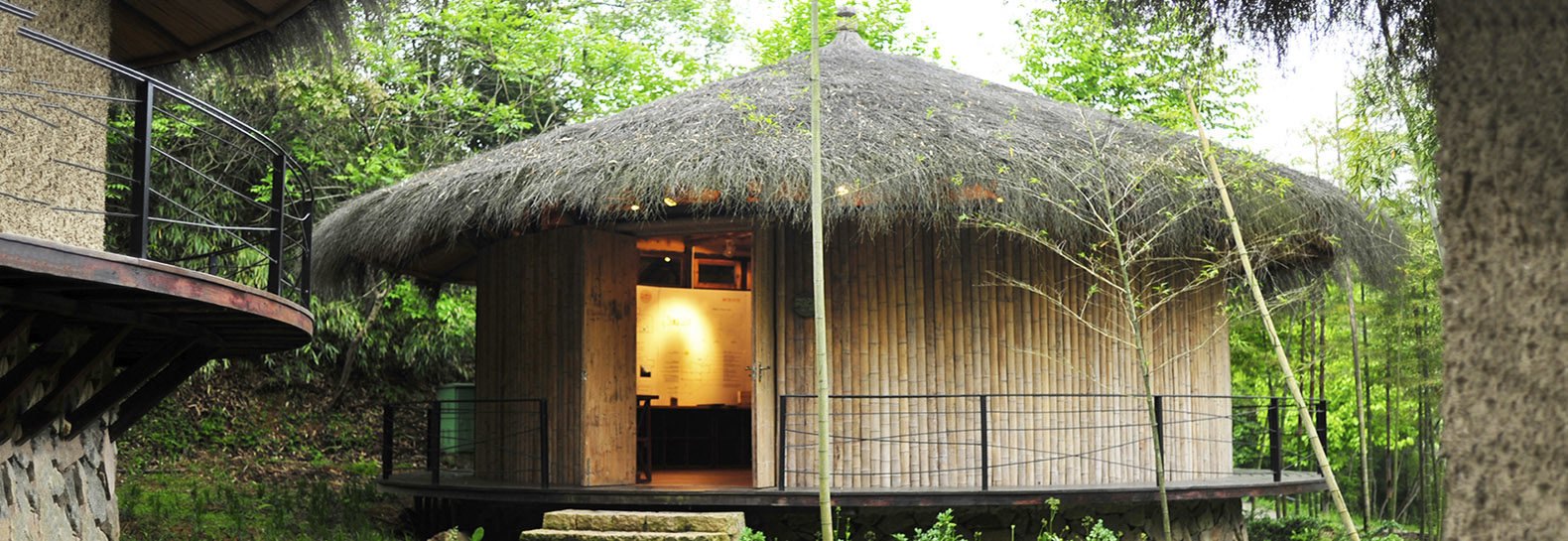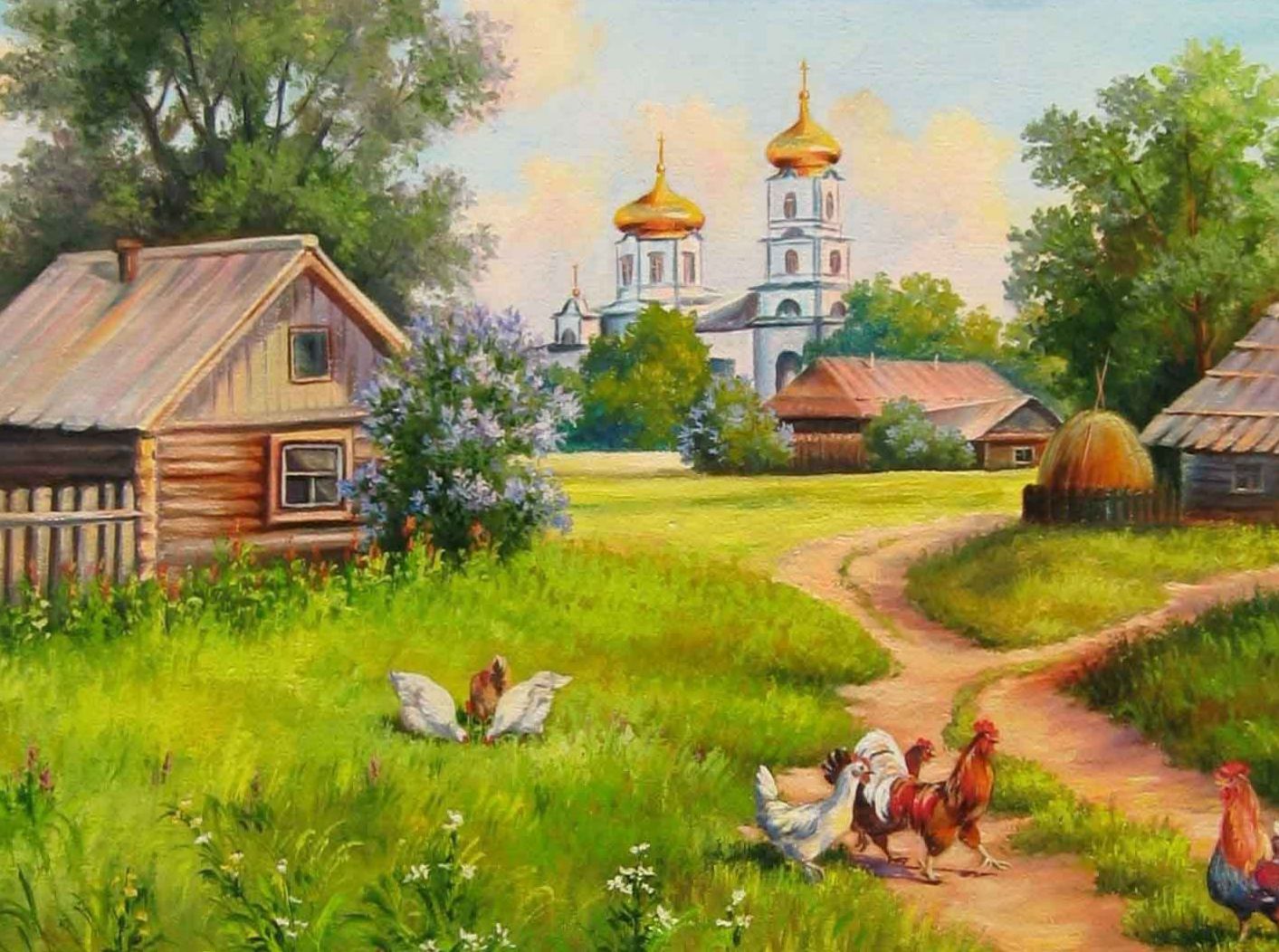

An ecovillage is a traditional or intentional community with the goal of becoming more socially, culturally, economically, and/or ecologically sustainable. Ecovillages offer small-scale communities with minimal ecological impact or regenerative impacts as an alternative. An ecovillage strives to produce the least possible negative impact on the natural environment through intentional physical design and resident behavior choices.
It is consciously designed through locally owned, participatory processes to regenerate and restore its social and natural environments. Most range from a population of 50 to 250 individuals, although some are smaller, and traditional ecovillages are often much larger. Larger ecovillages often exist as networks of smaller sub-communities. Some ecovillages have grown through like-minded individuals, families, or other small groups—who are not members, at least at the outset—settling on the ecovillage's periphery and participating de facto in the community.
They are not government-sponsored projects, but grassroots initiatives.
Their residents value and practice community living.
Their residents are not overly dependent on government, corporate or other centralized sources for water, food, shelter, power and other basic necessities. Rather, they attempt to provide these resources themselves.
Their residents have a strong sense of shared values, often characterized in spiritual terms.
They often serve as research and demonstration sites, offering educational experiences for others.
A bio-energy village is a regionally oriented concept for the use of renewable energy sources in rural areas. The system uses biomass from local agriculture and forestry in a biogas powerplant to meet the complete energy requirements of a village, such as electricity and district heating.
These villages tend to be self-powered and independent from external grids, despite being connected to overland grids for feeding surplus energy. The term "bio-energy village" refers to a dependency on fresh biological material as a source of energy only whereas an "ecovillage" includes a variety of networks. Liquid manure, grass, silage and other raw materials from agriculture are fermented in a biological gas facility.